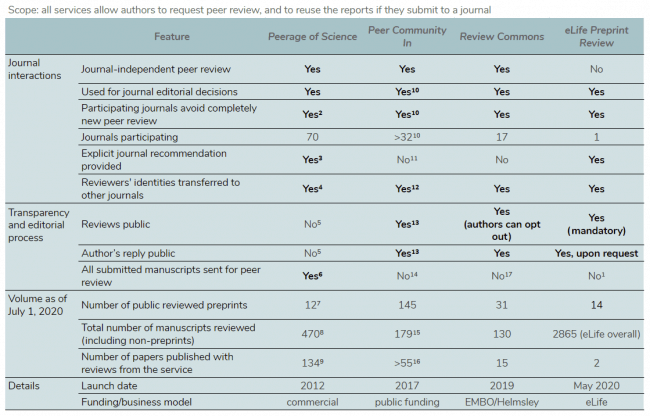Giving credit where credit is due: how to cite preprints
We sometimes get queries about whether preprints can be cited in journal publications, and while we make a brief mention to this in our FAQ, we thought it would be useful to offer a deeper dive. We believe it is important for articles to give credit to any sources the authors used as part of…


















